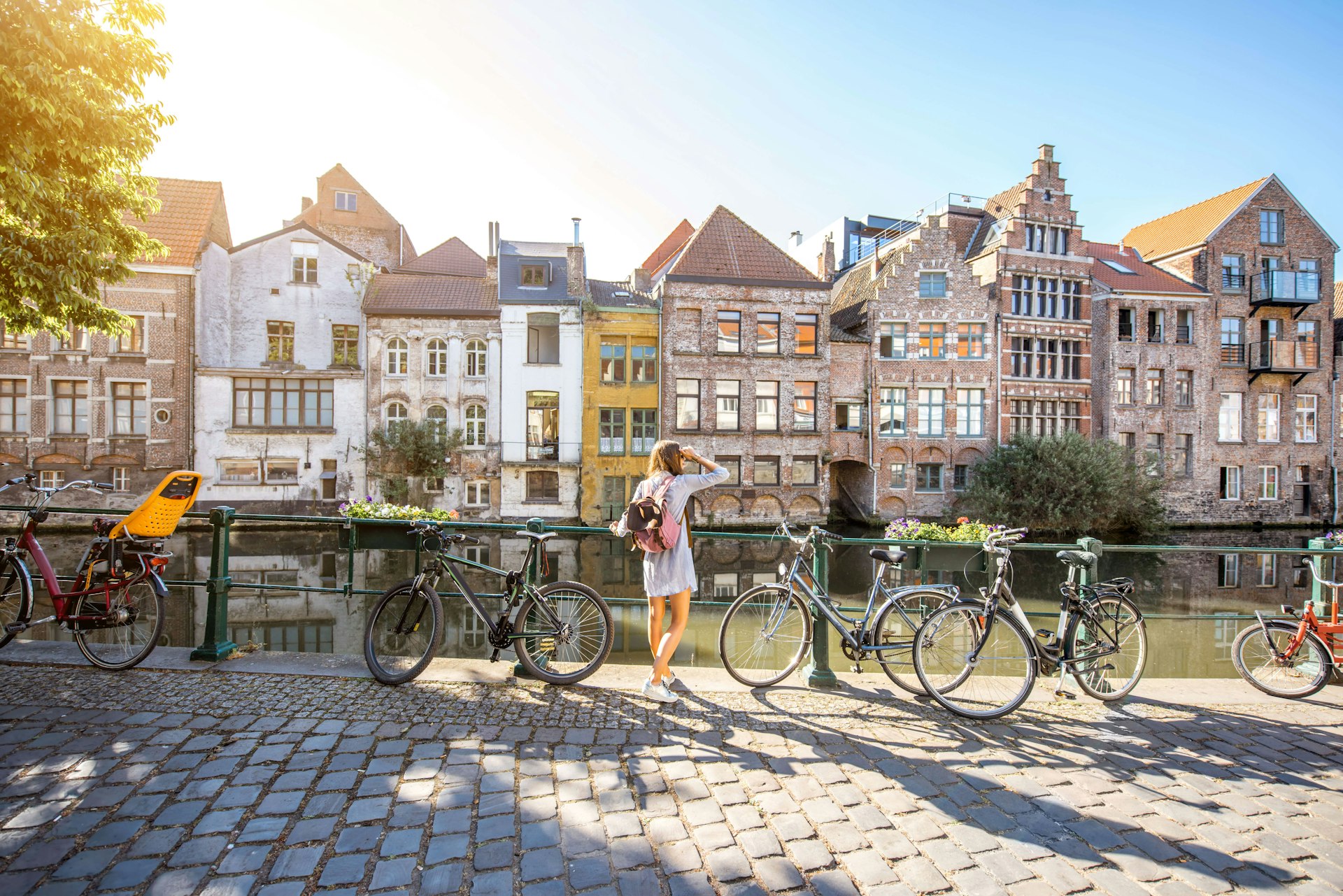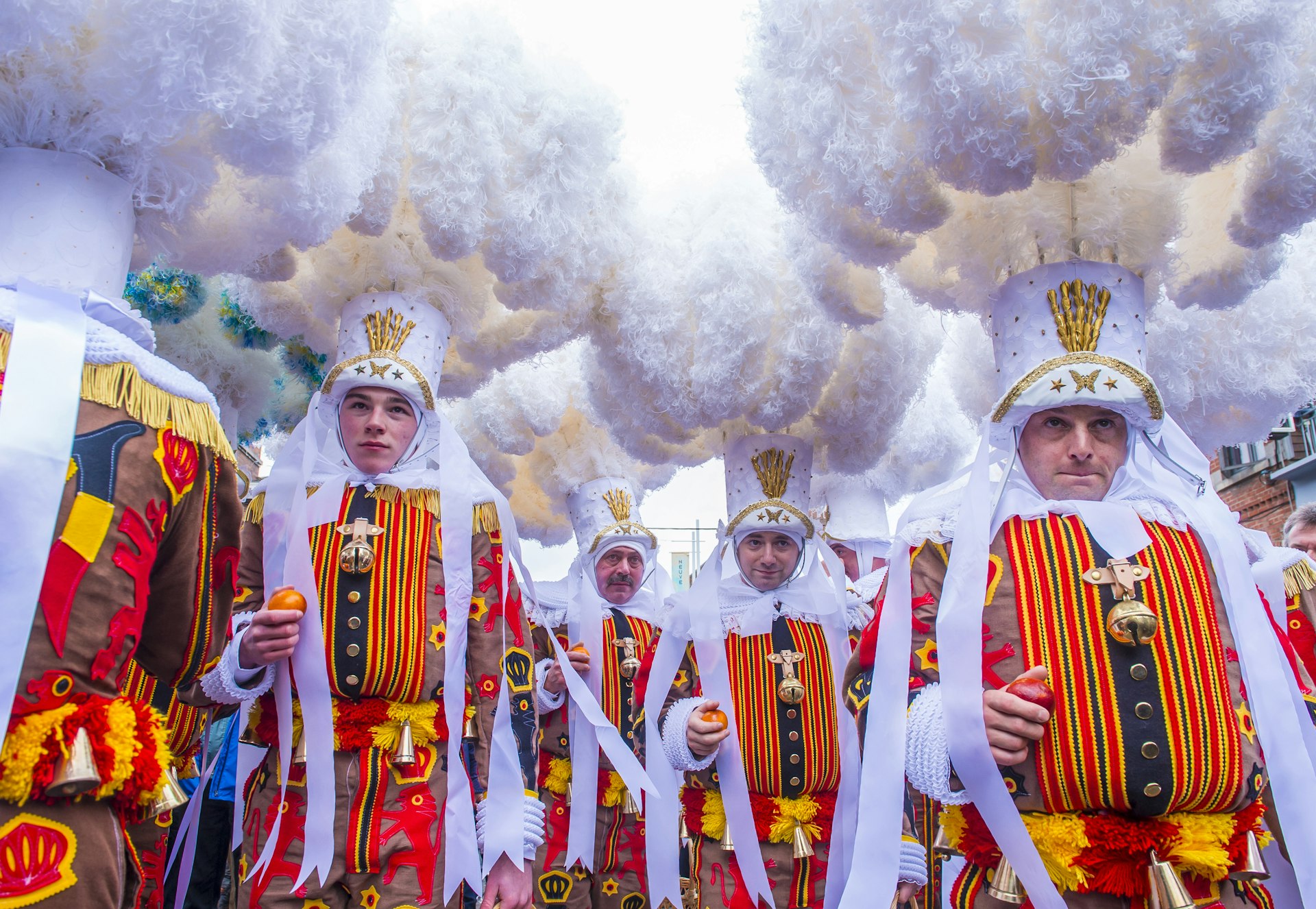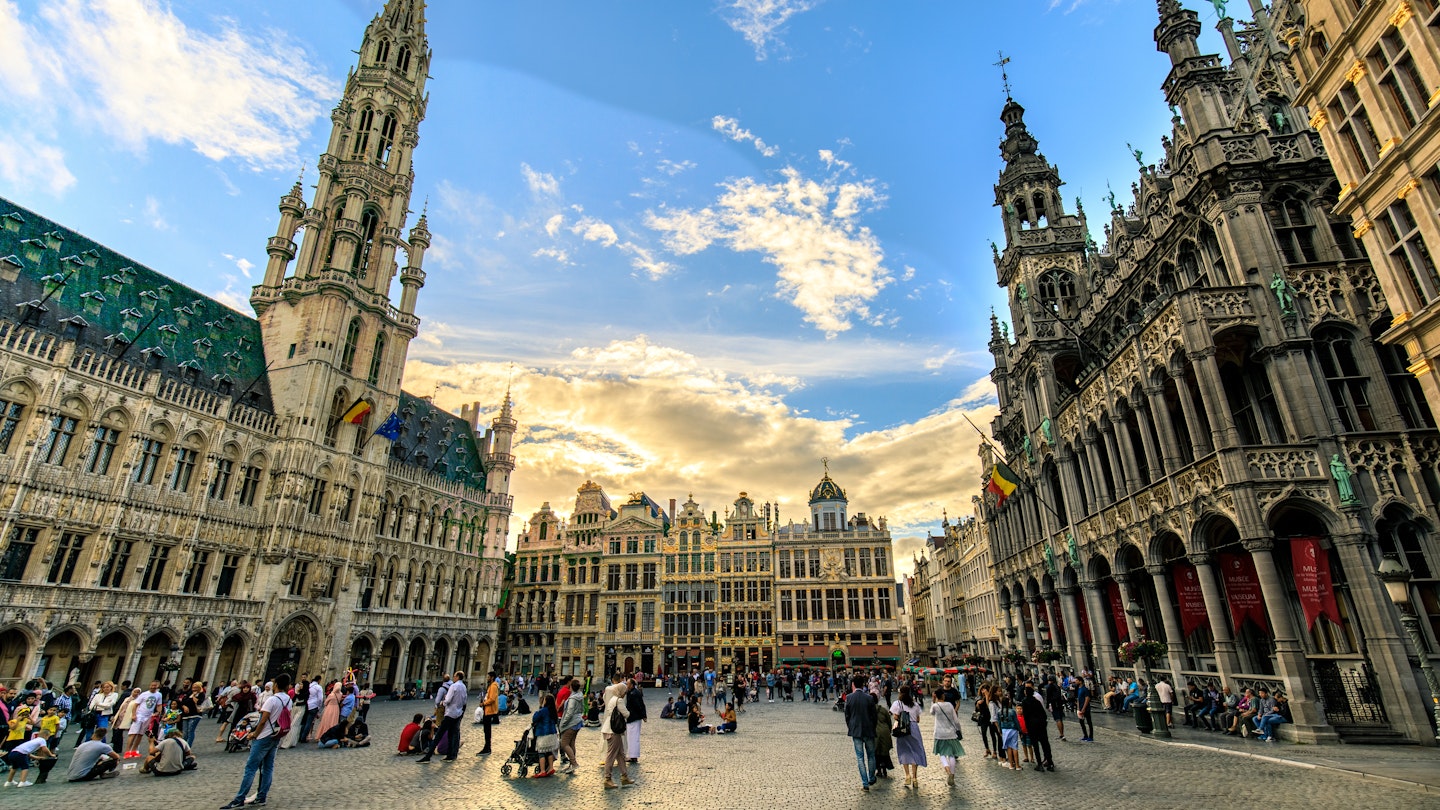Are you dreaming of eating hot frites in the Grand Place in Brussels, wandering Ghent’s canals or exploring the fashion capital of Antwerp?
After two years of pandemic restrictions, travel is back on everyone's minds, but before you book your tickets to Belgium, make sure you know if you need a visa – and which one you’ll need. Whether you're planning a city break or a longer trip, here's our guide to the visa requirements for Belgium.
Who needs a visa for Belgium?
Belgium is in the Schengen Area, which comprises 26 European countries, all of whom enjoy freedom of movement across their borders. Citizens of the European Union (EU) – as well as those from Switzerland and the European Economic Area countries of Iceland, Liechtenstein and Norway – can travel to Belgium without a visa. You'll need a valid identity card or passport with a minimum of three months validity, issued within the last 10 years.
Some countries that are not part of the Schengen Area, such as the United Kingdom and the United Arab Emirates, have special agreements with the Schengen Area that allow their citizens to stay visa-free for up to 90 days within a six-month period (you can find a full list on the website of Belgium's immigration office).

Short-stay visas for Belgium
All other visitors will need to apply for a Schengen visa before arriving in Belgium, but once you have a visa, it’s valid for all the Schengen countries, so it's easy to travel around. Note that a lot of the official visa information on the immigration office website is currently only available in French and Flemish.
For a stay of up to 90 days, you should apply for a short-stay Schengen visa at the Belgium embassy or consulate in your home country, but make sure to leave enough time before you travel to sort out all the paperwork. Visa agencies such as VFS Global and TLS Contact are also an option for requesting visas, depending on which country you’re applying from.
You'll need a valid passport, passport photos, flight tickets, health insurance details, and proof of accommodation and proof of enough money to fund your stay. If you’re staying with friends or family, the threshold for funds is €45 (US$49) per day; if you're staying in a hotel, it's €95 (US$103) per day. Proof can be in the form of travelers’ cheques, a credit card, pay slips and/or bank statements.
At the time of writing, the cost of a short-stay visa was €80 (US$87); visas allowing longer stays are more expensive. Note that the visa allows a maximum of 90 days travel within a 180 day period. It's possible to extend a short-term visa, but only in exceptional circumstances such as a natural disaster or airline failure.

Students and au pairs must apply for a long-term visa
If you want to stay in Belgium for longer than 90 days, you’ll need a D Category Schengen visa. Those planning to study in Belgium or work as au pairs also need this class of visa, and should not enter the country on a short-stay visa. All applications for long-term visas should be made at the Belgium embassy or consulate in your home country.
If you're applying for a student visa, you'll need to prove that you have the means to support yourself during your studies, and an admission letter or proof of permission to enroll from the institution. For au pair visas, the host family must submit a request for a Belgian work permit; assuming that's successful, the au pair can then file for a D category visa.

Working holidays in Belgium
Belgium has reciprocal working holiday agreements with Australia, New Zealand, Canada, Taiwan and South Korea, meaning that young people aged between 18 and 30 years from these countries can spend up to a year in Belgium, and are permitted to work during this period to fund their travels.
Requirements include proof of sufficient funds (a minimum of €2500/US$2722), a valid return ticket or the money to buy one, a medical certificate, a character reference and medical insurance covering the whole of the trip. You can only apply for the scheme once, and there are caps on the number of people who can apply each year. The processing time is around one month, but it can sometimes take three times that long, so apply early.
Whilst in Belgium on a working holiday you can also study, but only for courses lasting no longer than three months. There is no maximum period you can work for, but some employers or agencies cap contracts at three or six months.












